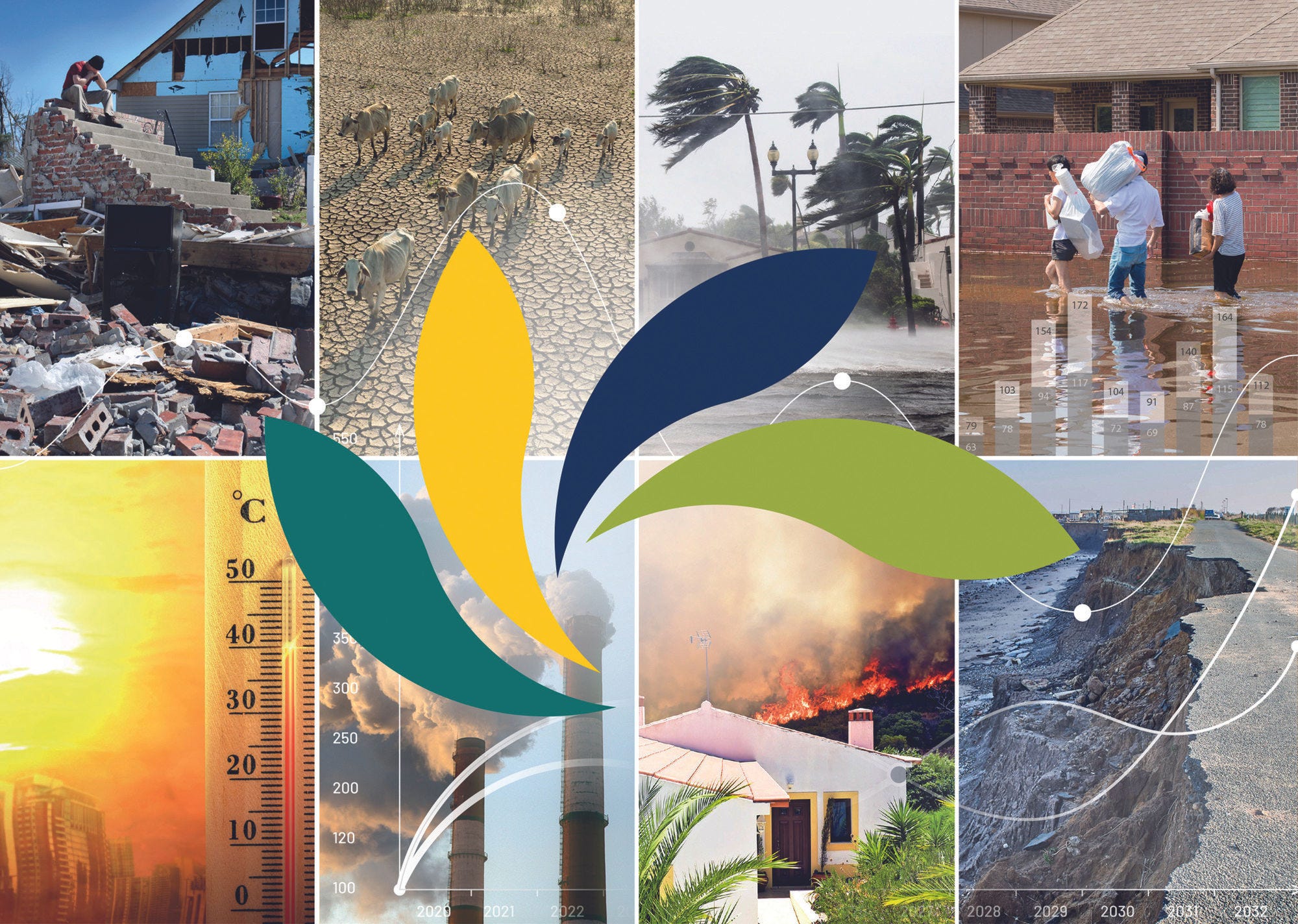This year is on track to become the hottest year on record, amplifying the frequency and intensity of extreme weather events. Greece and Canada had their worst wildfire season ever and the United States alone experienced 23 extreme weather events. We have seen devasting floods in Libya, Hong Kong, China and Brazil. Losses and damages from these events are estimated to have reached hundreds of billions of US dollars.
The need to act on climate change, in a way that is globally effective, is urgent and real. Climate impacts – and the risk of crossing irreversible tipping points – are increasing, foreshadowing the catastrophic changes to come should policy efforts fail. Indeed, the Sixth Assessment Report of the Intergovernmental Panel on Climate Change shows that human-induced climate change is under way and accelerating, and that action to first achieve a peak and then a steep reduction in global emissions towards net-zero needs to rapidly accelerate, starting now.
The OECD’s Climate Action Monitor 2023 presents systematic and comprehensive data on the evolution of climate-related hazards, which confirm that climate impacts are accelerating and becoming more severe, leaving an increasing share of the world’s population and land surface area exposed. These previously rare events are becoming more frequent and more intense. And they may compound existing economic and geopolitical risks.
Our efforts at the OECD are centred around five pillars drawing on the OECD’s key strengths: 1) supporting policy pathways to net zero 2) enhancing adaptation and building resilience to climate impacts 3) mobilising finance, investment and business action 4) monitoring and measuring progress towards climate ambitions, and 5) multilateral and multi-disciplinary approaches to build co-operation.
Building on the OECD multidisciplinary competences, the International Programme for Action on Climate (IPAC) is providing comparable and harmonised information to monitor national climate action and global net-zero trajectories. It also supports countries by identifying best practices and providing a platform for dialogue. In doing so, IPAC helps participating countries to achieve their climate goals and to better co-ordinate their climate action to reach global objectives, and it complements and supports the United Nations Framework Convention on Climate Change and Paris Agreement monitoring frameworks.
This third Climate Action Monitor, a key publication of the IPAC, presents trajectories in greenhouse gas emissions, trends in climate-related hazards, and an assessment of the evolution of global climate action. It shows current greenhouse gas emission targets are well below the emission reductions necessary to achieve the Paris Agreement temperature goal, and the evidence presented in this report suggests that overall national climate action slowed in 2022 compared to the previous two decades.
More is needed to translate ambition into real actions and real outcomes by ensuring the effective implementation of national policies – and there is no time to waste.

Mathias Cormann
OECD Secretary-General
